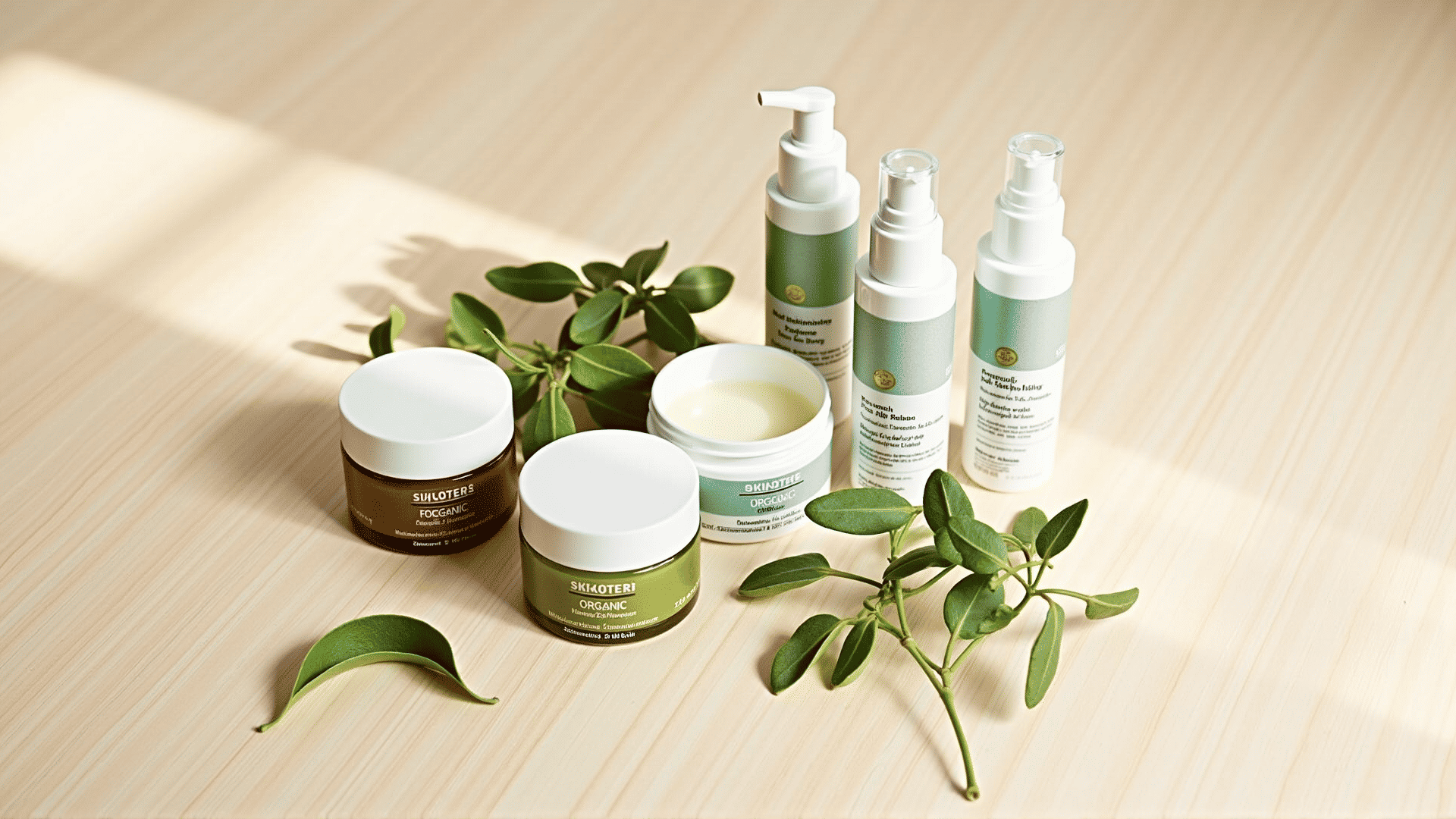In recent years, the skincare industry has experienced a significant shift towards organic products. This change is driven by a growing consumer awareness of the ingredients used in traditional beauty products and a desire for safer, more eco-friendly alternatives. Organic skincare, which utilizes natural ingredients derived from plants and minerals, is gaining popularity among beauty enthusiasts who are increasingly eager to embrace a more holistic approach to their skincare routine.
One of the primary benefits of organic skincare is its gentle impact on the skin. Conventional skincare products often contain synthetic chemicals, preservatives, and fragrances that can irritate sensitive skin or provoke allergic reactions. In contrast, organic skincare products are formulated with natural ingredients that are less likely to cause adverse effects. These ingredients often contain essential vitamins, antioxidants, and minerals that nourish and rejuvenate the skin without exposing it to harsh chemicals.
Moreover, organic skincare aligns with a growing interest in sustainable and ethical consumerism. Environmentally conscious individuals are drawn to organic brands because they prioritize environmentally friendly practices. Organic farms, where these ingredients are sourced, follow sustainable farming methods that conserve water, avoid pollution, and promote biodiversity. In addition, many organic skincare brands are committed to cruelty-free practices, ensuring that their products are not tested on animals, which resonates with consumers who value animal welfare.
The rise of organic skincare is also fueled by an increasing body of research highlighting the potential benefits of natural ingredients. For example, plant-based oils such as argan and jojoba are celebrated for their hydrating properties, while ingredients like green tea and chamomile provide anti-inflammatory effects that calm irritated skin. This evidence-based approach reassures consumers that they are investing in products that deliver tangible results.
As beauty enthusiasts continue to become more informed about the long-term effects of skincare products, the demand for transparency in ingredient sourcing and formulation processes has increased. Organic skincare brands often provide detailed information about their ingredients, allowing consumers to make informed choices about what they apply to their skin. This transparency builds trust and fosters a deeper connection between brands and consumers.
The increasing popularity of organic skincare also speaks to a broader trend of prioritizing health and wellness in all aspects of life. As people become more mindful of their diet and lifestyle, incorporating organic skincare into their daily routine reflects a holistic commitment to personal well-being. The idea that beauty and health are intertwined has led many individuals to opt for skincare products that align with their overall wellness goals.
In conclusion, the rise of organic skincare signifies a profound shift in consumer preferences towards products that prioritize safety, sustainability, and efficacy. By choosing organic, beauty enthusiasts are not only taking better care of their skin but also supporting practices that respect the environment and promote health and wellness. As this movement continues to grow, it is poised to redefine the standards of beauty and skincare for future generations.
